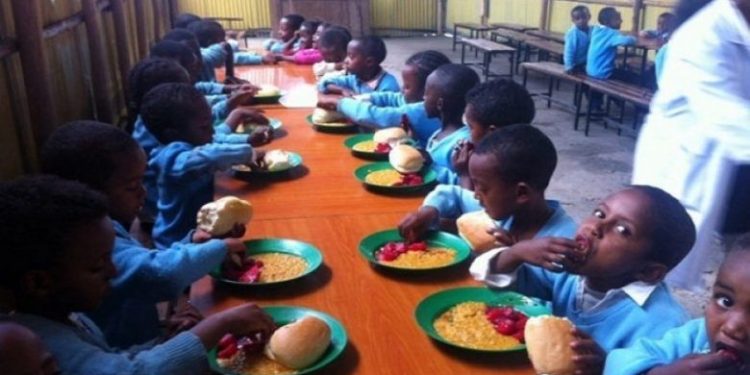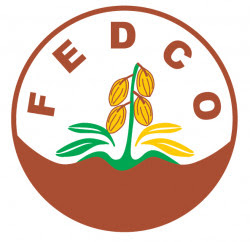The Federal Government of Nigeria is set to relaunch the National Home-Grown School Feeding Program (NHGSFP) on May 29, 2025, as part of activities marking President Bola Ahmed Tinubu’s second year in office. The revamped initiative is poised to combat child hunger, boost educational outcomes, and spur rural economic development.
Announced by the Minister of State for Education, Yusuf Tanko Sununu, the program is projected to benefit 10 million public primary school pupils from Primary One to Three while indirectly empowering women, youth, and local farmers through inclusive supply chains.
Key Goals and Benefits
- 10 million pupils to receive daily nutritious meals
- 20% expected increase in school enrolment by 2025
- 15% projected improvement in academic performance
- 40% reduction in rural poverty through women-led agricultural cooperatives
- Empowerment of women, youth, cooks, and smallholder farmers
Sununu described the program as a holistic initiative designed to tackle malnutrition, increase school retention rates, and contribute to nation-building.
“Our mission is to feed every public school pupil in Primary One to Three, nurturing their potential and building the nation’s future,” he said.
Dr. Aderemi Adebowale, the National Programme Manager of the RH-NHGSFP, revealed that ₦100 billion has been earmarked in the 2025 national budget to expand the program’s reach and ensure deeper community impact.
Key features of the redesigned program include
- QR-coded supply chains and real-time tracking for transparency and quality control
- Registration of beneficiaries via collaboration with the National Identity Management Commission (NIMC)
- Involvement of nutritionists and health professionals in monitoring food quality and pupil health
- Priority sourcing from women-led and youth-led cooperatives
“The updated RH-NHGSFP is more than a feeding programme—it’s a transformative platform for empowering communities and lifting millions out of poverty,” said Adebowale.
The relaunch comes after the program was suspended in January 2024 due to financial misconduct investigations within the National Social Investment Program Agency (NSIPA). The federal government suspended top officials, including NSIPA CEO Halima Shehu and Minister Betta Edu, amid corruption allegations.
Now, with renewed emphasis on reforms, community ownership, and accountability, the federal government promises a more transparent and sustainable program.
For MSMEs, particularly in agriculture and food processing, this program creates massive opportunities in:
- Supply contracts for locally sourced food
- Training and employment of local cooks and nutritionists
- Inclusion in digitized logistics and supply chains
- Community-based monitoring and capacity-building programs










